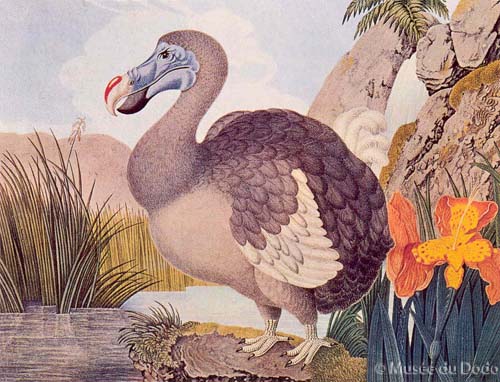
By AP Wire Service
BEIJING (AP) -- A rare, nearly blind white dolphin that survived for millions of years is effectively extinct, an international expedition declared Wednesday after ending a fruitless six-week search of its Yangtze River habitat.
The baiji would be the first large aquatic mammal driven to extinction since hunting and overfishing killed off the Caribbean monk seal in the 1950s.
For the baiji, the culprit was a degraded habitat -- busy ship traffic, which confounds the sonar dolphins use to find food, and overfishing and pollution in the Yangtze waters of eastern China, the expedition said.
"The baiji is functionally extinct. We might have missed one or two animals but it won't survive in the wild," said August Pfluger, a Swiss economist turned naturalist who helped put together the expedition. "We are all incredibly sad."
The baiji dates back 20 million years. Chinese called it the "goddess of the Yangtze." For China, its disappearance symbolizes how unbridled economic growth is changing the country's environment irreparably, some envi ronmentalists say.
"It's a tremendously sad day when any species goes extinct. It becomes more of a public tragedy to lose a large, charismatic species like the river dolphin," said Chris Williams, manager of river basin conservation for the World Wildlife Fund.
"The loss of a large animal like a river dolphin is often a harbinger for what's going on in the larger system as whole. It's not only the loss of a beautiful animal but an indication that the way its habitat is being managed, the way we're interacting with the natural environment of the river is deeply flawed . . . if a species like this can't survive."
"It's a tremendously sad day when any species goes extinct. It becomes more of a public tragedy to lose a large, charismatic species like the river dolphin," said Chris Williams, manager of river basin conservation for the World Wildlife Fund.
"The loss of a large animal like a river dolphin is often a harbinger for what's going on in the larger system as whole. It's not only the loss of a beautiful animal but an indication that the way its habitat is being managed, the way we're interacting with the natural environment of the river is deeply flawed . . . if a species like this can't survive."
Randall Reeves, chairman of the World Conservation Union's Cetacean Specialist Group, who took part in the Yangtze mission, said expedition participants were surprised at how quickly the dolphins disappeared.
"Some of us didn't want to believe that this would really happen, especially so quickly," he said. "This particular species is the only living representative of a whole family of mammals. This is the end of a whole branch of evolution."
The damage to the baiji's habitat is also affecting the Yangtze finless porpoise, whose numbers have fallen to below 400, the expedition found.
"The situation of the finless porpoise is just like that of the baiji 20 years ago," the group said in a statement citing Wang Ding, a Chinese hydrobiologist and co-leader of the expedition. "If we do not act soon they will become a second baiji."
Pfluger said China's Agriculture Ministry, which approved the expedition, had hoped the baiji would be another panda, an animal brought back from the brink of extinction in a highly marketable effort that bolstered the country's image.
During the latest expedition, an online diary kept by team members traced a dispiriting situation, as day after day they failed to spot a single baiji.
Even in the expedition's final days, members believed they would find a specimen, trolling a "hot spot" below the industrial city of Wuhan where Baiji were previously sighted, Pfluger said.
"Hope dies last," he said.
www.baiji.org



No comments:
Post a Comment